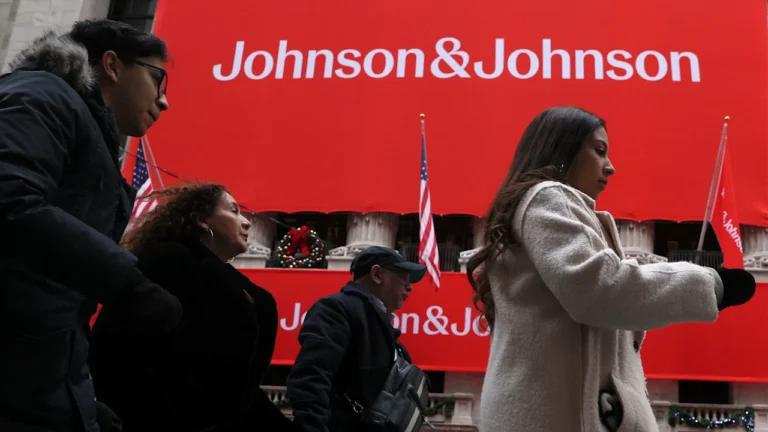
VINCENT FEURAY/Hans Lucas/AFP via Getty Images
- Meta’s hot AI hiring spree just iced over.
- The tech giant said it’s “creating a solid structure for our new superintelligence efforts.”
- The hiring chill lands as Wall Street scrutinizes Meta’s soaring AI spend.
Meta has just put the brakes on its red-hot AI hiring spree.
In a statement to Business Insider, Meta called the hiring freeze in its artificial-intelligence division “basic organizational planning.”
The Meta spokesperson said the company is “creating a solid structure for our new superintelligence efforts after bringing people on board and undertaking yearly budgeting and planning exercises.”
The Wall Street Journal, which first reported the freeze, said it began last week and also bars employees in the division from transferring across teams. The Journal added that the duration of the freeze hasn’t been communicated internally.
Meta declined to comment to Business Insider on the number of superintelligence hires it has made so far or when the freeze took effect.
Meta’s hiring chill comes after months of poaching AI talent with eye-popping offers, as the tech giant races to build “personal superintelligence.”
Tensions have already emerged within the newly formed team between the lavishly compensated new hires and the existing researchers, some of whom have threatened to quit, Business Insider previously reported.
In a recent email seen by Business Insider, Alexandr Wang, the leader of Meta Superintelligence Labs, wrote that “superintelligence is coming” — and to “take it seriously,” Meta needs to make major changes. The email outlined Meta’s biggest reorganization of its artificial intelligence operations to date.
The freeze also comes as Wall Street is scrutinizing how much Meta is spending to compete in the AI race.
Morgan Stanley analysts wrote in a Monday note that Meta’s labor costs are climbing as the company leans heavily on stock grants to recruit AI talent.
The analysts warned that those grants are taking up a bigger slice of Meta’s cost structure and could be the next investor concern after capital expenditure.
Stock-based compensation is a “strategic capital allocation decision” that could either “drive AI breakthroughs with massive value creation” or simply dilute shareholder value without clear innovation gains, the analysts wrote.
Meta’s stock is up about 28% so far this year.
Meta’s AI hiring spree
Meta has made headlines for shelling out $100 million signing bonuses to lock down hires in the cutthroat AI race — and rival tech leaders have not been shy about pushing back.
OpenAI CEO Sam Altman said in a June podcast that he found it “crazy” that Meta was willing to spend so much to acquire talent.
“The strategy of a ton of upfront guaranteed comp and that being the reason you tell someone to join, like really the degree to which they’re focusing on that and not the work and not the mission, I don’t think that’s going to set up a great culture,” Altman said on the podcast.
Anthropic CEO Dario Amodei said that the company wouldn’t play the bidding war game.
On an episode of the “Big Technology Podcast” published last month, Amodei said he posted a message to staff saying the company was “not willing to compromise our compensation principles, our principles of fairness” in response to outside offers.
Such massive salary changes could “destroy” a company’s culture by treating people “unfairly,” he added.
Other leaders have also expressed caution.
AMD CEO Lisa Su said in an interview with Wired published last week that she didn’t think she would ever offer a billion-dollar pay package to a potential hire.
“I think competition for talent is fierce. I am a believer, though, that money is important, but frankly, it’s not necessarily the most important thing when you’re attracting talent,” Su told Wired.
“It’s important to be in the ZIP code of those numbers, but then it’s super-important to have people who really believe in the mission of what you’re trying to do,” she added.



